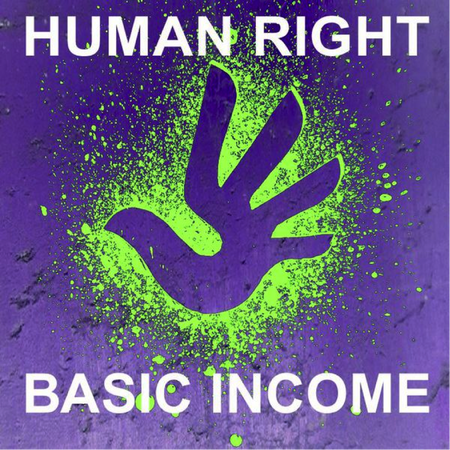Medium, June 9, 2016
LAST SUNDAY, Swiss voters defeated a ballot initiative that would have required their government to pay every Swiss citizen $2,500 a month, no questions asked. That electoral setback is far from a death knell for basic income in Europe, however. In Finland, the center-right government is testing a plan that could pay all Finns about $870 a month. In Britain, the Netherlands and elsewhere, politicians are discussing similar schemes, and popular interest is spreading.
But America isn’t Europe, and whatever the odds of basic income taking hold there, they’re a lot lower here. Most European countries already have generous welfare states, with no shame or stigma attached to them. There, basic income is viewed as a way to simplify, not expand, the existing welfare state. Cut out the bureaucrats and the qualifying tests, and just give everyone cash to use as they wish.
 The situation is quite different in the United States. Here, efforts over the years to build a welfare state have consistently been thwarted by America’s preference for individual self-reliance, distaste for government, and racism. The result is a safety net so stingy and hard to navigate that many who are eligible don’t even bother. To shift from that to a basic income for everyone would be an extraordinary leap, the mere thought of which pushes two potent American hot buttons: (1) fear that our work ethic will be undermined, and (2) dread that our taxes will soar.
The situation is quite different in the United States. Here, efforts over the years to build a welfare state have consistently been thwarted by America’s preference for individual self-reliance, distaste for government, and racism. The result is a safety net so stingy and hard to navigate that many who are eligible don’t even bother. To shift from that to a basic income for everyone would be an extraordinary leap, the mere thought of which pushes two potent American hot buttons: (1) fear that our work ethic will be undermined, and (2) dread that our taxes will soar.
Great Transition Initiative, August 2015
Common wealth trusts can perform two crucial functions that corporations and government can’t: administer a serious sustainability budget and provide legitimate income to everyone.
The Hill, April 9, 2015
Between 1994 and 2014, the global price of oil tripled, yet U.S. oil burning barely budged. While higher prices reduced per capita consumption, they didn’t cut aggregate consumption. To do that we need to put a declining physical limit on carbon entering our economy.
Yes! Magazine, Winter 2015
With one exception, Americans have been unable to agree on any plan that guarantees some income to everyone. The reasons lie mostly in the stories that surround such income. Is it welfare? Is it redistribution? Does it require higher taxes and bigger government? Americans think dimly of all these things. But then, there’s the exception: Alaska.
Schumacher Center for New Economics, Great Barrington, Massachusetts, July 2014
IN THIS NEW ERA, our economy must do two things it doesn’t do now: operate in harmony with nature and provide adequate income for all. The best way to achieve these goals — that is, the way that requires the least involvement of government — is to “propertize” some pieces of common wealth and share the income from that wealth equally.
www.dividendsforall.org, Sept. 9, 2014
Taxing the rich doesn’t boost the incomes of the middle class or the poor. A better solution is to pay everyone equal dividends from co-owned wealth, as Alaska does with its Permanent Fund.
Schumacher Center for New Economics, October 2003, Stockbridge, Massachusetts
I LIKE many aspects of capitalism — the freedom, the dynamism, the creativity it unleashes. Yet I also recognize the problems it cannot solve and inexorably makes worse: the destruction of age-old natural systems and the exacerbation of inequality among humans.
YES! Magazine, February 12, 2012
The United States isn’t broke, as some Republican say; we’re a very wealthy and productive country. The problem is that our wealth and productivity gains flow disproportionately to the rich in the form of dividends, capital gains, rent and interest. If we want to remain a middle class nation, that needs to change.
Scientific American, December 1, 2008
Cap and dividend would unite Americans in the fight against climate change in a way that no other policy would — as citizens who are all co-owners and caretakers of the air.

 Free distribution with attribution
Free distribution with attribution